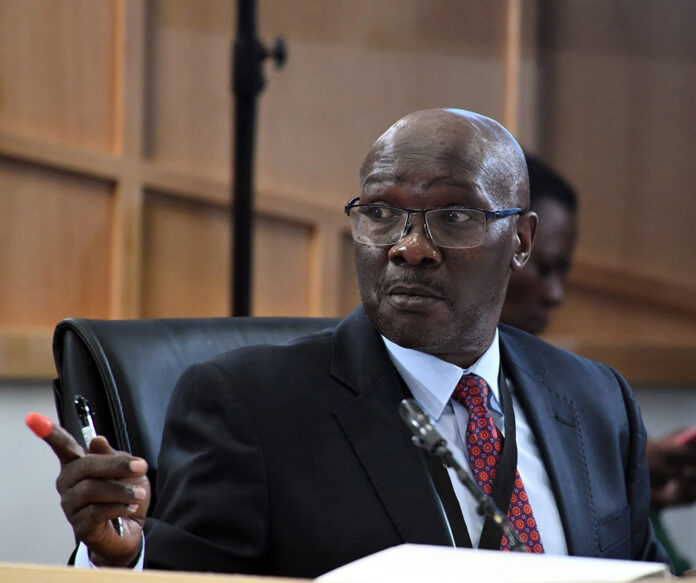Some SAPS crime intelligence (CI) members are using vehicles as old as more than 10 years old, which impedes them from performing optimally in their crucial work to nab criminal syndicates before they implement their evil deeds.
This is according to a classified report by the inspector-general of intelligence, which we have seen. The report instructs current SAPS-CI boss Lt-Gen Dumisani Khumalo to tap into the secret service account, colloquially known as the slush fund, to procure new, reliable vehicles.
According to the report, some operatives, especially in rural and vast provinces such as the Eastern Cape, are travelling in vehicles bought 12 years ago that are well above the 400k mileage on the clock.
No laptops, cellphones for operations
The report also raises concerns over complaints that some operatives do not have fully functional laptops and cell phones, which crucially compromises their ability to do their work effectively.
These findings emerged from several site visits to SAPS-CI districts/clusters across the country. But they pointedly referred to the rural Eastern Cape, where criminal syndicates such as protection fee mafias are running amok.
“The divisional management of SAPS-CI should consider attending to the full implementation of the district model and urgently attend to capacitation of the critical areas of shortage in district/cluster offices to ensure productivity; and…
“The divisional management of SAPS-Cl should consider boarding all SR motor vehicles procured during the 2013-2014 financial year and replace them with a new fleet that is fit for purpose. Especially in rural provinces such as the Eastern Cape. Furthermore, ensure that tools of trade such as laptops are provided to intelligence operatives. [These include] replacement of old computers and printers that are non-repairable,” the IGI instructs Khumalo and his Saps-CI management team.
Use of vehicles that are over 10 years old
The report states that Saps-CI local manager in district offices complained about difficult circumstances under which the intelligence officers operate due to a shortage of official vehicles.
It was highlighted that some of handlers are still utilising vehicles procured by erstwhile CI boss Dr Bongiwe Zulu. These were procured during the 2013-14 financial year, under Jacob Zuma as head of state.
“The said vehicles are now very old, with some having travelled for more than 400, 000 kilometres. This has become a serious impediment to the work of handlers, owing to the fact that their duties are to travel for purposes of meeting sources. Whilst these vehicles are at garages, 24 handlers at the OR Tambo District are forced to share 19 vehicles. Those [vehicles] are unreliable with high mileages,” reads the report.
“There is also a serious concern about the non-provision of official cellular-phone and other tools of trade such as laptops. Another matter raised relates to capacity constraints. That members who have left the environment are not replaced. This greatly impacts the ground coverage in several district/cluster offices.”
The IGI also found that this has resulted in young operatives working under SAPS-CI in fact considering moving. They want to move to better-resourced divisions of SAPS such as visible policing.
No pay for night shift, overtime
The operatives also complained that despite their unbearable working conditions, they were not getting paid for nightshift work and overtime allowances. And this is the norm in visible policing, which is fast becoming the most attractive division of SAPS to newcomer cops.
“We further observed during our visits to Khayelitsha, Nyanga, Harare, and Mfuleni the acute and critical shortage of office spaces. This results in a disproportionate number of members having to share small offices… And leads to an unfavourable and hostile working environment that is not conducive to optimal performance of handlers.”
Mawande AmaShabalala
Related




